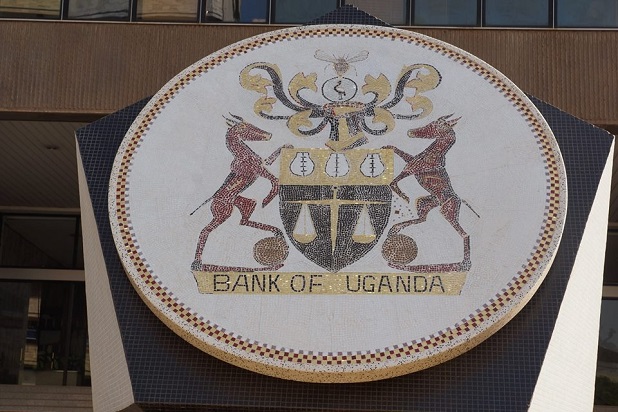Three commercial banks including ABC Capital Bank (U) Ltd, Opportunity Bank and Guaranty Trust Bank (U) Ltd have failed to meet Bank of Uganda’s minimum capital requirement of Shs150bn.
It should be noted that a few years ago, the Bank of Uganda increased the paid up capital of commercial banks to Shs150bn, up from Shs25bn. Banks are meant to fulfilled this requirement by June 2024.
Furthermore, the paid up capital for tier II credit institutions was increased from Shs1b to Shs25b. For microfinance deposit taking institutions (MDIs), capital requirements was increased from Shs500m to Shs10bn.
After failing to meet the Shs150bn capital requirement, BoU says it has authorized ABC Capital Bank (U) Ltd, Opportunity Bank and Guaranty Trust Bank (U) Ltd to transition from a Tier I Commercial Bank License to a Tier II Credit Institution License effective July 1, 2024.
“These three institutions have been granted a transition period of three months, starting from April1, 2024 to June30, 2024, during which they will make adequate arrangements to phase out products and processes that require a tier I License. This is intended to ensure a smooth service transition for their customers and to mitigate any disruption to financial sector stability,” Michael Atingi-Ego, the BoU Deputy Governor, said in a statement dated March 27, 2024.
“The change of status of the three banks to credit institutions follows decisions by the respective boards of directors, to adopt a strategic shift and reposition these institutions to serve their core customer base better. The institutions are adequately capitalized and meet the minimum capital requirement for Tier II license,” BoU added.
The three banks’ performance hasn’t been consistent for the last five years.
Business Focus analysis shows that Guaranty Trust Bank made a net profit of Shs5.77bn in 2022, up from Shs5.34bn in 2021. Opportunity Bank made a net profit of Shs212m in 2022, from a loss of Shs6.35bn in 2021, while ABC made a profit of Shs803m in 2022 from Shs36m in 2021.
In terms of assets, the three banks are the smallest under this category. In a market worth Shs44 trillion in assets, the three banks’ combined assets don’t exceed a trillion.
Opportunity Bank’s assets stood at Shs261.95bn in 2022, from Shs249bn in 2021 while Guaranty Trust Bank assets declined to Shs251.1bn in 2022, from Shs258.5bn in 2021.
ABC’s assets stood at Shs62.14bn in 2022, from Shs62.28bn in 2021.
Impact of increased Paid Up Capital On Commercial Banks
Traditionally, the core function of any commercial bank is the extension of loans and the larger proportion of banks’ assets is formed by loans. This function is well executed only when banks have adequate levels of capital.
Hassan Kitenda, an equity and fixed income analyst, says the increase in capital requirements will force banks to revisit their internal operation strategies in terms of strong corporate governance, risk assessment methods, and credit evaluation procedures hence reducing the bank’s credit risk that mainly affects Ugandan banks.
He says banks with more capital are financially able to explore profitable projects, expand operations and take on well estimated levels of risks, while banks with limited capital refrain from investing large sums of money in lending activities, which is risky.
“It can be argued that well-capitalized banks react less to output shocks as compared to less-capitalized banks because they hold excess capital and need a little adjustment in lending during economic downfalls and in addition their profits are less sensitive to business cycles”Kitenda says.
He explains that an increase in capitalisation will force small banks to merge, downgrade or get acquired and this will contribute to an increase in the number of products offered, integrated technologies, reduction of operational risks, increased market share which will improve stability of the banking industry.
He explains that as commercial banks meet minimum capital requirements, they can cut their total lending.
“It has been evidenced that banks trying to satisfy more stringent capital requirements reduce their supply of credit and this leads to a slowdown in economic growth (in the short run),” he says.
He says more potential competitors maybe prevented from forming due to the high capital requirements.
“Higher capital requirements might protect existing banks by giving them more market power to raise loan rates, account fees, and other costs for their customers,” Kitenda says.







This is the first time I’m meeting an article in the online papers that shows evidence of some research…and gives the reader some substance. The rest are usually gossip and rumours. Good job, ndugu yangu. Press on.
Thanks Senior comrade. This is so energizing.